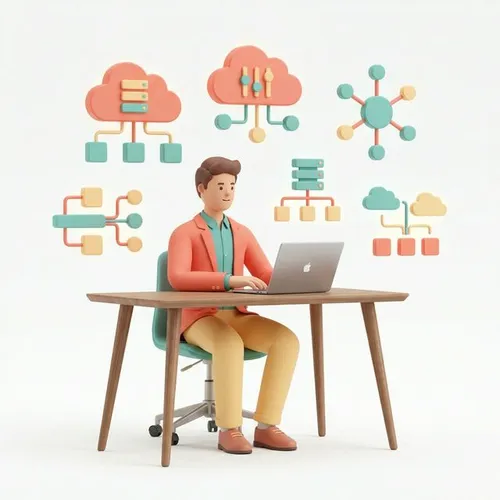Enterprise Architect · APAC
I blog about business,
I blog about business,
technology & growth.
Thoughts on enterprise architecture, cloud-native systems, and technology leadership from an architect with 10+ years in financial services across APAC.

10+ Years in Financial Services
APAC Regional Expertise
AWS Cloud-Native Architecture